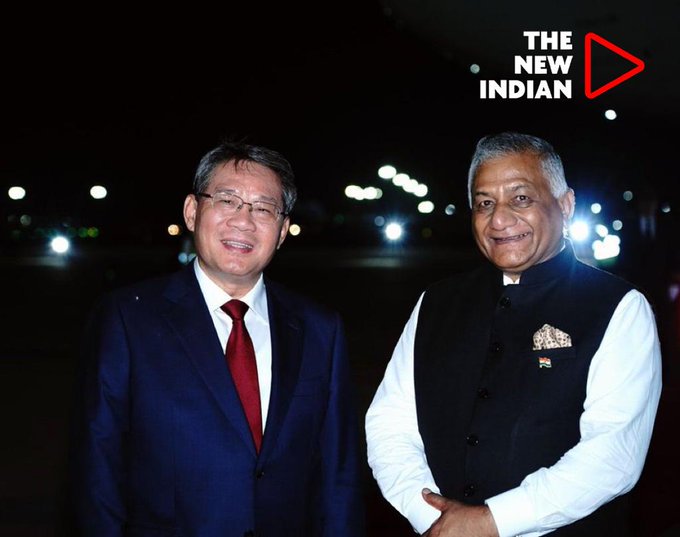NEW DELHI: As world leaders descended upon New Delhi, including US President Biden and UK Prime Minister Rishi Sunak last night, Chinese President Xi Jinping opted to send Chinese Premier Li Qiang as his representative for the G20 Summit.
India extended a warm welcome to the Chinese Premier, often referred to as the ‘second-highest position’ in China, with former Army chief and minister of state (MoS) VK Singh personally receiving him at the airport.
This development takes place against the backdrop of the ongoing India-China border dispute along the Line of Actual Control (LAC) and China’s recent release of a map that claims Arunachal Pradesh as part of its territory.
China’s attempts to undermine India’s G20 presidency have been evident since the summit’s inception, with the controversial map release occurring just days before the event.
ALSO READ: Jinping absent from G20, ex-Army chief welcomes Chinese premier
While the precise reason for President Xi’s absence remains unclear, it is speculated that he may be apprehensive about potential isolation, particularly among Western countries in attendance. Notably, China’s staunch ally, Russia, is also absent from the G20 meeting.
As of now, no official announcement has been made regarding a bilateral meeting between China and India. Nevertheless, discussions may take place on the sidelines of the G20 summit.
However, the Chinese premier lacks the authority to engage in discussions on border issues with India. According to China’s political hierarchy, the second-highest-ranking official is primarily responsible for economic matters, with ultimate authority residing in the hands of the “supreme leader” of China.
ALSO READ: G20: African Union becomes member, PM Modi flags global trust deficit
Previously, Chinese officials and experts have criticized attempts to politicize the G20 forum, emphasizing that its scope should be limited to economic affairs.









